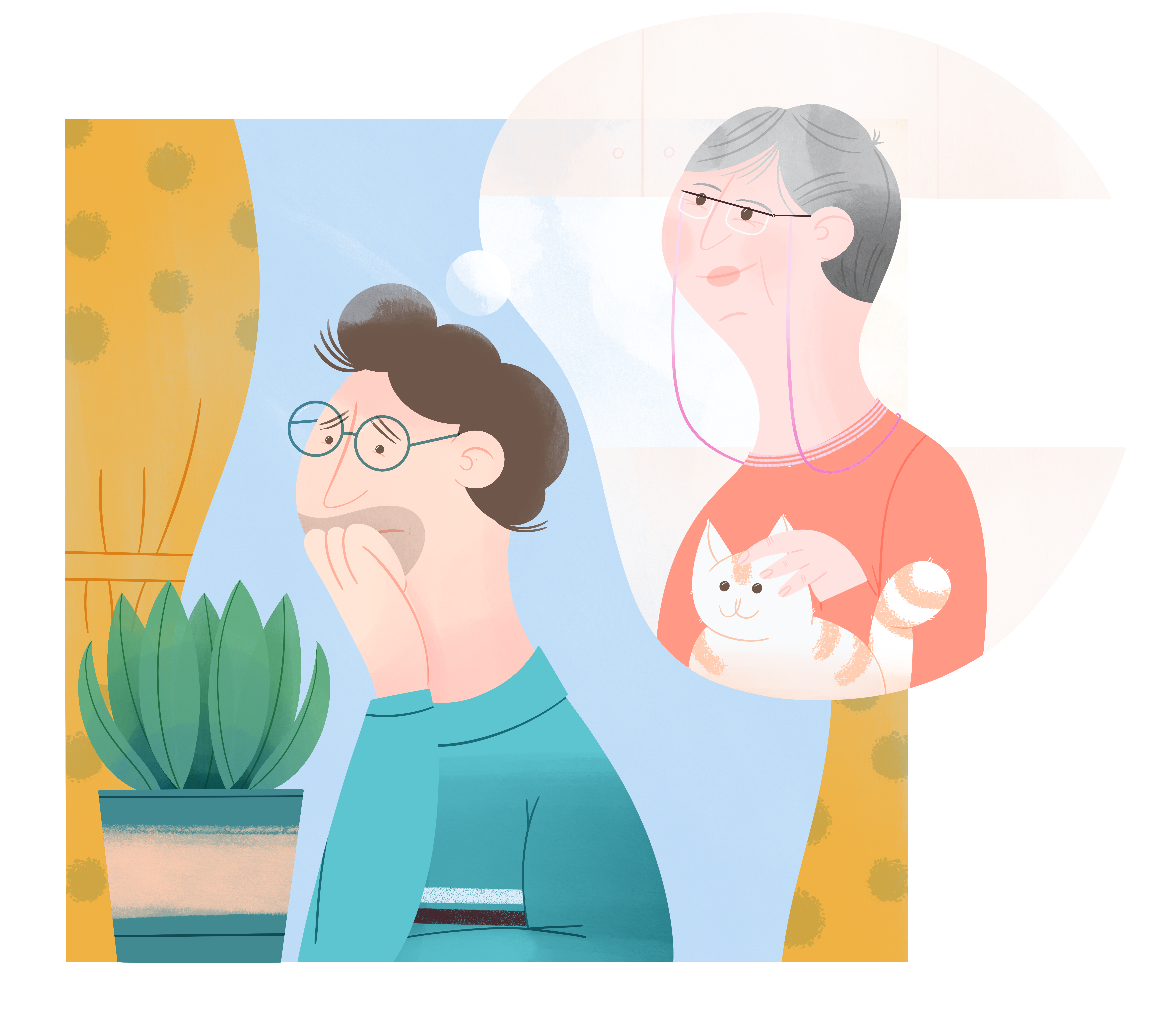Normal ageing is logically opposed to pathological ageing, which is accelerated by diseases that may become increasingly common with age.
Various biological, psychological and social factors influence the speed with which normal and pathological ageing progress, as well as the effects associated with these processes.
Normal ageing: hard to define and hard to measure
Normal ageing is the result of a complex process that is progressive in nature, in the absence of disease. It is important to note that the speed of ageing varies by individual. In the same way, major morphological and functional differences can be observed between individuals of the same age. In other words, biological age and chronological age may not coincide.
Commonly described as healthy lifestyle habits, the following actions - physical exercise, a healthy diet, restorative sleep, abstaining from tobacco and alcohol use - contribute positively to normal ageing. That said, some people experience normal ageing without following these habits. Other factors, such as genetics, heredity or gender, also come into play.
What are the main perceptible effects of normal ageing?
The effects listed here are only a portion of the changes that may be observed in the course of normal ageing. Other effects occur at the metabolic level and in the nervous, cardiovascular, respiratory, digestive and urinary systems, but their diagnosis often requires medical examinations in addition to the simple observations that friends and family can make.
It is important to recognize that these effects are not always pathological. Therefore, it is wrong to think that all seniors must be ill. This thinking is very widespread and feeds the concept of ageism that describes, among other ideas, the set of common beliefs about ageing.
Keeping a careful eye on these effects may be enough to establish the first stage in a reliable diagnosis if a major change is observed. In some cases, it can even prevent significant and sometimes unnecessary medication.
As a caregiver, how can I contribute to the normal ageing of my loved one?
Caregivers, through their actions, support and assistance, can have some influence on the way in which their loved one ages. In fact, they contribute to psychological and social wellbeing, by enabling seniors to stay in their homes or by providing a caring presence for those in hospital or long-term care.
Their closeness with the person receiving care also gives them a unique vantage point for screening abnormal behaviours, monitoring vaccination updates, preventing isolation, and fostering community, intellectual and stimulation activities. They also help maintain healthy lifestyle habits, such as those mentioned above.
Accepting their ageing… and your own
There is nothing more normal than ageing and ageing without pathology is possible. Therefore, accepting ageing is the start of healthy awareness: thinking about it too much can lead to unpleasant consequences, such as anxiety. The idea is to keep an eye open, but also to know how to enjoy this stage of life.
As a caregiver, you may have a tendency to focus on your loved one’s ageing, but you should also ask yourself questions about your own ageing and the healthy measures to adopt in your situation. Given the requirement of your role, never hesitate to take time for yourself: l’Appui’s article Taking care of yourself suggests avenues for continuing to support your loved one, while maintaining your own energy levels.
This article was made possible thanks to the collaboration of Jean Ignace Olazabal, Associate Professor in the Faculty of Arts and Science responsible for the program at the Faculty of Continuing Education at the Université de Montréal, and Mélisa Audet, Coordinator of Partnerships and Knowledge Transfer at the Centre de recherche sur le vieillissement de l'Université de Sherbrooke.






